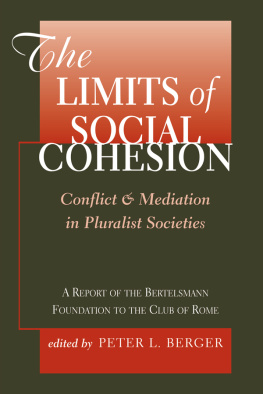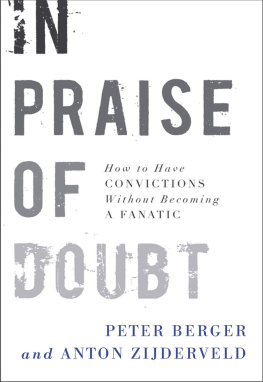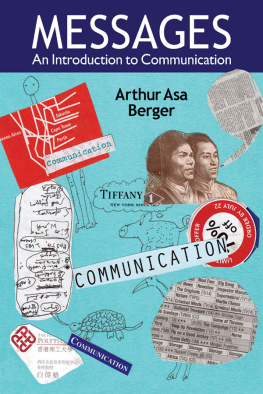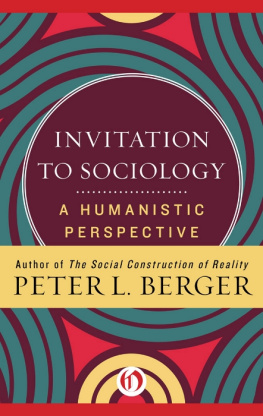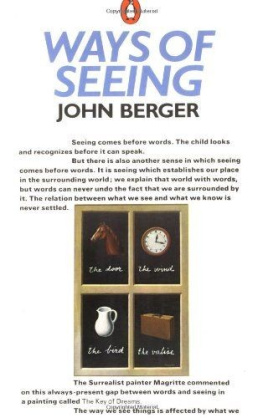Peter L. Berger - Adventures of an Accidental Sociologist: How to Explain the World Without Becoming a Bore
Here you can read online Peter L. Berger - Adventures of an Accidental Sociologist: How to Explain the World Without Becoming a Bore full text of the book (entire story) in english for free. Download pdf and epub, get meaning, cover and reviews about this ebook. year: 2011, publisher: Prometheus Books, genre: Religion. Description of the work, (preface) as well as reviews are available. Best literature library LitArk.com created for fans of good reading and offers a wide selection of genres:
Romance novel
Science fiction
Adventure
Detective
Science
History
Home and family
Prose
Art
Politics
Computer
Non-fiction
Religion
Business
Children
Humor
Choose a favorite category and find really read worthwhile books. Enjoy immersion in the world of imagination, feel the emotions of the characters or learn something new for yourself, make an fascinating discovery.
- Book:Adventures of an Accidental Sociologist: How to Explain the World Without Becoming a Bore
- Author:
- Publisher:Prometheus Books
- Genre:
- Year:2011
- Rating:4 / 5
- Favourites:Add to favourites
- Your mark:
Adventures of an Accidental Sociologist: How to Explain the World Without Becoming a Bore: summary, description and annotation
We offer to read an annotation, description, summary or preface (depends on what the author of the book "Adventures of an Accidental Sociologist: How to Explain the World Without Becoming a Bore" wrote himself). If you haven't found the necessary information about the book — write in the comments, we will try to find it.
Rather than writing an autobiography, he focuses on the main intellectual issues that motivated his work and the various people and situations he encountered in the course of his career. Full of memorable vignettes and colorful characters depicted in a lively narrative often laced with humor, Bergers memoir conveys the excitement that a study of social life can bring. The first part of the book describes Bergers initiation into sociology through the New School for Social Research, a European enclave in the midst of Greenwich Village bohemia. Berger was first a student at the New School and later a young professor amidst a clique of like-minded individuals. There he published The Social Construction of Reality (with colleague Thomas Luckmann), one of his most successful books, followed by The Sacred Canopy on the sociology of religion, also still widely cited.
The book covers Bergers experience as a globe-trekking sociologist including trips to Mexico, where he studied approaches to Third World poverty; to East Asia, where he discovered the potential of capitalism to improve social conditions; and to South Africa, where he chaired an international study group on the future of post-Apartheid society.
Berger then tells about his role as the director of a research center at Boston University. For over two decades he and his colleagues have been tackling such important issues as globalization, the secularization of Europe, and the ongoing dialectic between relativism and fundamentalism in contemporary culture.
What comes across throughout is Bergers boundless curiosity with the many ways in which people interact in society. This book offers longtime Berger readers as well as newcomers to sociology proof that the sociologists attempt to explain the world is anything but boring.
Peter L. Berger: author's other books
Who wrote Adventures of an Accidental Sociologist: How to Explain the World Without Becoming a Bore? Find out the surname, the name of the author of the book and a list of all author's works by series.


